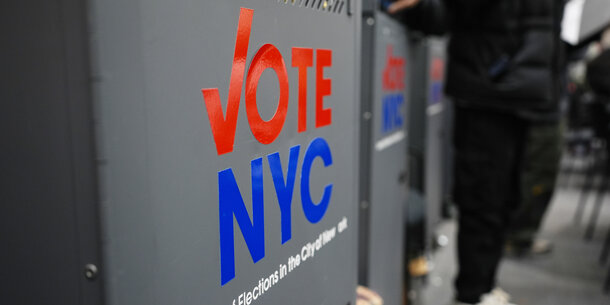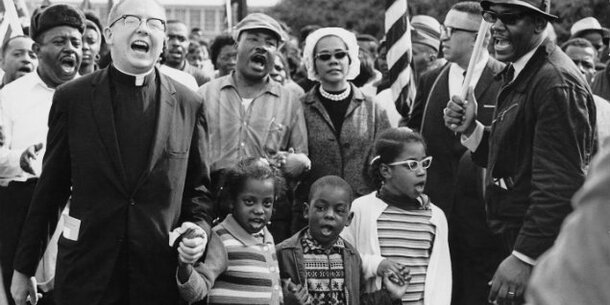The fight for voting rights got a major boost on Tuesday. In a speech commemorating the 1921 Tulsa Massacre, President Biden announced that Vice President Harris will lead the administration’s efforts to protect the vote — including its fight for vital reform legislation.
Recent events made clear the stakes.
Last Friday, Republican senators blocked the formation of a bipartisan commission to investigate the January 6 assault on the Capitol. In February, Senate Minority Leader Mitch McConnell had declared of the rioters, “They’d been fed wild falsehoods by the most powerful man on earth because he was angry he lost an election.” The measure to create the commission won 54 votes. But because of a Senate filibuster which McConnell orchestrated, it failed.
Then, over the weekend, the Texas Legislature hurtled toward the enactment of its own voter suppression law. The bill would impose penalties, for example, on local officials who took steps to make it easier for citizens to vote. It would cut back on voting the Sunday before the election, the day that Black churches organize “souls to the polls” drives. (A typo, sponsors claimed.) Then, at the last minute, sponsors inserted language that would let partisan judges reverse the result of an election without any proof of fraud.
In Austin, the Democrats fought back. Early Sunday morning, they slipped out of the chamber, denying a quorum and killing the bill, for now at least. The governor has vowed to call a special session to pass voting restrictions — not a good look.
Donald Trump’s Big Lie rolls on. According to Maggie Haberman of the New York Times, Trump tells acquaintances he will be “reinstated” by August. (And I am the Emperor Napoleon. But I digress.)
Driven by that lie, voter suppression bills are becoming voter suppression laws. According to a new Brennan Center analysis, lawmakers have enacted more than 20 laws in 14 states that will make it harder for Americans to vote. At least 61 more bills with restrictive provisions are moving through 18 state legislatures. All told, lawmakers have introduced at least 389 restrictive bills in 48 states this year.
After their dramatic maneuver, Texas Democrats pleaded for help from the nation’s capital. “Mr. President, we need a national response to federal voting rights,” said State Rep. Trey Martinez Fischer. The Democrats in Texas took a stand and upended their legislature to fight for voting rights. But will Democrats in DC show the same resolve and panache?
The weekend’s drama seems to have concentrated minds in Washington. Senate Majority Leader Charles Schumer announced that the Senate will vote later this month on S. 1, the For the People Act. The bill would roll back or block many of the voting restrictions passed by state legislatures across the country and create a national baseline for voting rights.
In Tulsa, Biden set out the urgent moral stakes. By tasking Harris with protecting voting rights, he summoned the most senior official in decades to take on the job of protecting democracy. His move should put any wavering Senate Democrat on notice that it is past time to get on board with these critical voting rights protections. She is the right person at the right level for the task at hand. And with S. 1 headed for a vote in just a few weeks, there’s no time to waste.



